Frozen eggs give birth to heated debate by celebrities online
Updated: 2015-08-04 14:54
(chinadaily.com.cn)
|
||||||||
Move to ban single women from freezing their own eggs so as to have babies at a later age has sparked a heated debate online after the social media account of China Central Television posted an explanatory thread on Sunday.
With a video illustrating the pros and cons of having babies with the assistance of Oocyte Cryopreservation, or egg freezing technology, the post generated a huge response and attracted 109,442 reposts, 31,815 comments and 13,715 likes within two days after its publication.
Egg freezing is classified as a supplementary IVF (in vitro fertilization) measure in China and the procedure is only available to married women who must have a valid reproduction permit, as stipulated by the Assisted Reproductive Technology Regulation issued by the National Health and Family Planning Commission, the country's top health body.
The only exceptions are women with conditions such as premature ovarian failure, or those undergoing chemo therapies. Freezing eggs solely for preserving or extending fertility is illegal, the regulation states.
This reproductive technology has become the focus of public discussion partly because 41-year-old Xu Jinglei, a Chinese actress, announced about one month ago that she had frozen nine of her eggs in 2013 to give herself more opportunities of having babies at a later stage.
"Egg freezing technology is the only way for me to go back and rectify my decision of not having babies now if I later regret this decision,"said Xu at that time.
In response to CCTV's post explaining China's denial of access to the technology to single women, Xu expressed her unhappiness at the move by sarcastically commenting that now there is a new creature in the world called Chinese single women.
Her view found support in Han Han,an intellectual and best-selling author, who forwarded CCTV’s post and wondered whether a woman must get married before she can have a baby and whether a woman has the right to dispose of her own eggs freely and whether she has the right to exercise her own reproduction rights.
"Why is having a baby bound up with getting married?" asked Han.
However, some experts claim that the reproductive technology poses health risks.
The recovery rate of frozen eggs after thawing is 70 percent to 80 percent in contrast with the more mature technology of frozen embryos whose recovery rate is more than 95 percent, said Sun Xiaoxi, a doctor at Obstetrics and Gynecology Hospital of Fudan University.
Frozen eggs may also leave uncertain effects on offsprings and the procedure of retrieving eggs may cause women complications such as hemorrhage, inflammation and ovarian function damage.
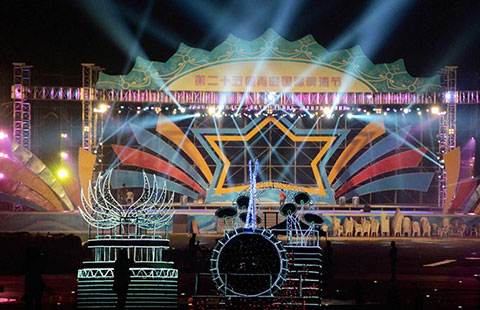
 Tsingtao gets ready for huge beer festival in China
Tsingtao gets ready for huge beer festival in China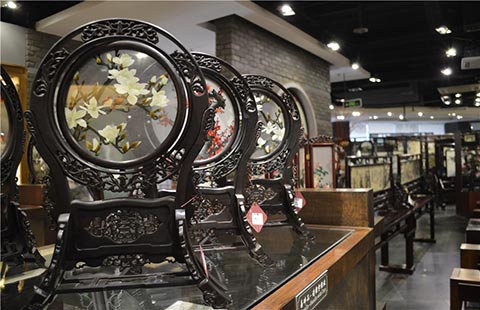
 Stunning Shu brocade and embroidery techniques
Stunning Shu brocade and embroidery techniques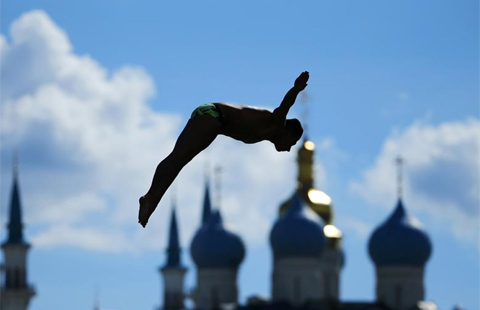
 Kazan games: Diving in the sky
Kazan games: Diving in the sky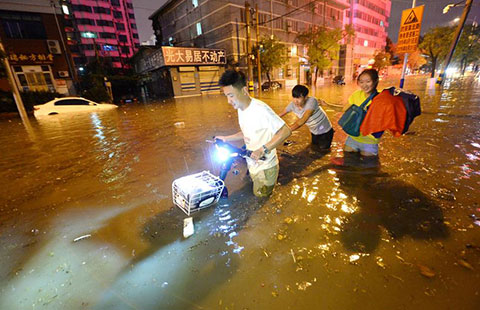
 Torrential rain wreaks havoc in Jinan
Torrential rain wreaks havoc in Jinan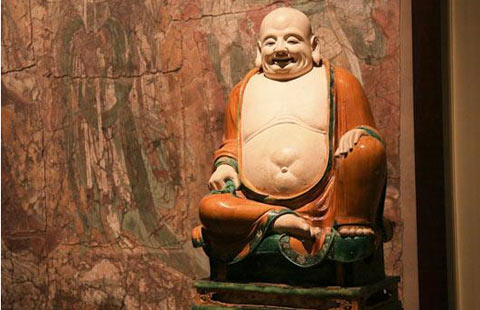
 A glimpse of Chinese cultural relics in foreign museums
A glimpse of Chinese cultural relics in foreign museums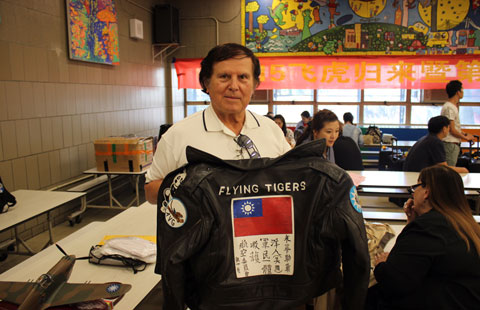
 Flying Tigers show in New York
Flying Tigers show in New York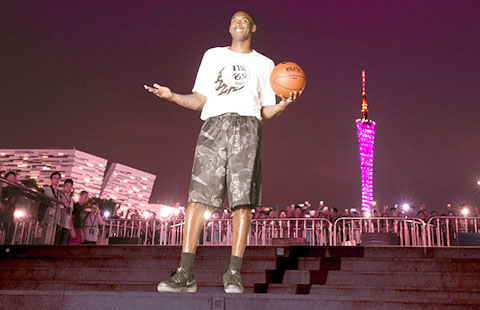
 Kobe Bryant frenzy grips Guangzhou
Kobe Bryant frenzy grips Guangzhou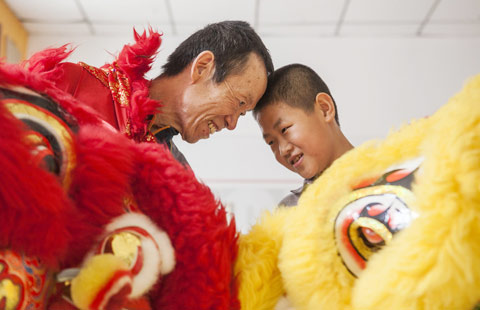
 Three generations keep traditional lion dance alive
Three generations keep traditional lion dance alive
Most Viewed
Editor's Picks

|

|

|

|

|

|
Today's Top News
Obama issues challenge on climate change
GOPs begin pivotal debate week
Negotiation seen as key to China, US cyber solution
Beijing plans 'Silicon Valley' park for traditional culture
Obama issues challenge on climate change with power plant rule
China role crucial in UN plan
Biden associates resume discussion about presidential run
Malaysia seeks help to widen search for MH370
US Weekly

|

|






